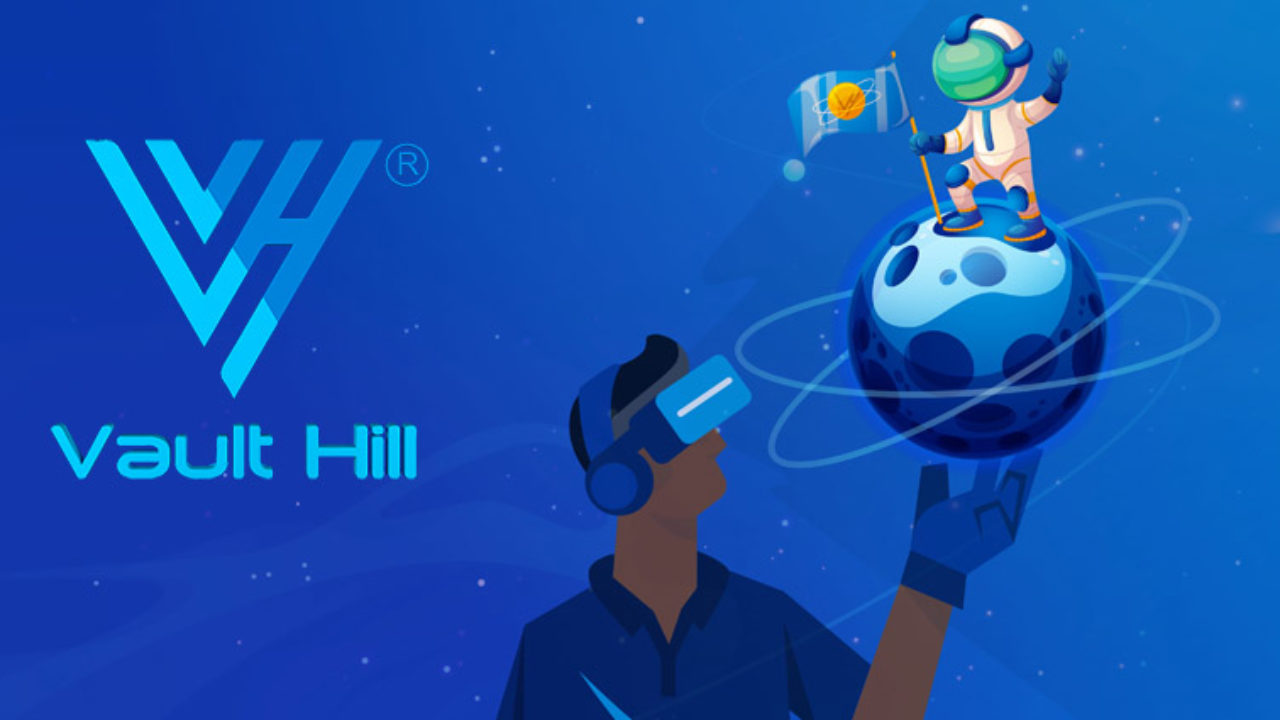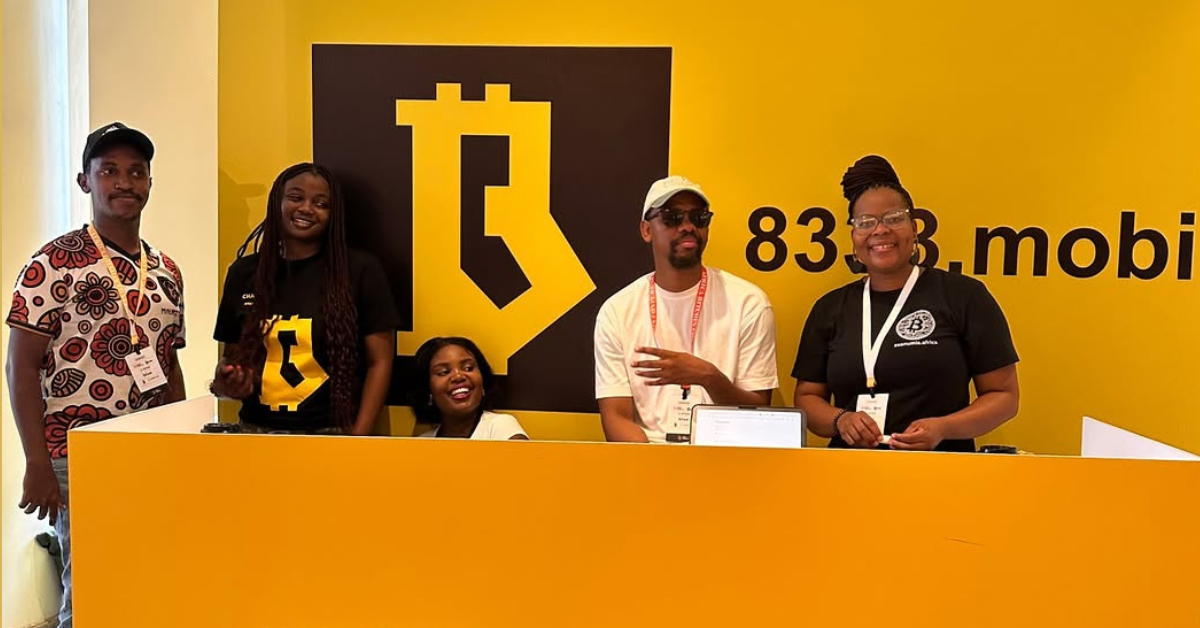Jimi Daodu has always been entrepreneurial. Back at Babcock University, he had established an entertainment business that organised parties in the school. After Daodu completed his master’s programme in Advanced Computing at the University of Bristol, he wanted to stay back in the UK for a couple of years to work and earn back his master’s fees. At the time, Daodu recalled, the British government allowed international students to apply for a post-work-study visa, which grants one a two-year stay in the UK. Daodu got the post-work-study visa, but things started to look grim when, for months, he couldn’t get a job. Frustrated from his job search, Daodu contemplated booking a return ticket to Nigeria and returning to his shoe selling business.
He eventually got a job that sustained him until he got yet another which secured a visa for him and got him to stay. In the past decade, Daodu has worked in project management, hospitality, financial services, and the telecommunications industries all in the UK.
Daodu was born in Lagos, Nigeria, and lived most of his years in the bustling city. He had studied Computer Science at Babcock University before going to the UK for a master’s degree in Advanced Computing at the University of Bristol.
In 2017, Daodu got into the crypto space, Ripple (XRP), Bitcoin (BTC) were buzzy, so, he bought a couple. He then stumbled on virtual lands and saw them as an opportunity to diversify his digital assets and, as a Nigerian accustomed to the notion that land is the best investment, he bought some, even though he knew nothing about virtual lands. He got 8 plots of land in virtual spaces: 2 plots in Decentraland and 6 in Somnium Space for $200 each.
The idea for what would become a blockchain-based metaverse company, Vault Hill, started to form last February when he got an email stating that there was an offer on his land. He accepted the offer and sold a plot of land in Somnium Space for $10,000. He was stunned because he hadn’t gotten such a high return from the stocks and shares he had purchased.
He realised that the only reason the buyer paid that much was because of the value associated with the virtual land, so, he realised that there was a market there. When he shared his idea with his friends, they said, ”Jimi, you have come with your ideas again!” But Daodu assured them: “This is the one.”

In May 2021, Daodu started bootstrapping Vault Hill by selling a few investments as well as plots of land in Somnium Space, for amounts ranging from $9,000 to $12,000. To differentiate itself from other virtual spaces and metaverse, Vault Hill City (Vault Hill’s Metaverse) has four different islands and each island has 7 human-themed districts: Play, Romance, Curiosity, Community, Idealism, Vitality, and Imagination. “Each district is human-themed to ensure the metaverse is open to everybody. This space is infinite; it is hard to choose a target audience, so we want to build an ecosystem where anyone can come in.” Currently, the cost of a plot of land in a district in Vault Hill City range between $2,000 and $2,600.
Daodu describing a metaverse, said, “Metaverse is a shared virtual space. It’s like Twitter, but in a gamified perspective—the use of augmented reality and virtual reality. In a metaverse, you have to create a digital representation of yourself called an avatar, which allows you to navigate the digital world since you can’t go into the digital world with your physical body.” Daodu’s definition of a metaverse involves a connection to the blockchain, decentralised finance, and freedom from control by the government, or even private individuals.
It is in respect to this vision that Vault Hill is building through 3 phases and at the end of the third phase, Vault Hill is handed over to a decentralised autonomous organisation (DAO)—the community of token and landowners—which will be responsible for decision making on its metaverse.
Vault Hill is building a non-fungible token (NFT) marketplace to allow NFT artists to list their art on the metaverse and display it to potential buyers through a gamified experience. Vault Hill is also encouraging companies to build edifices in their metaverse. The two plots of land Daodu bought on Decentraland were merged together to build Vault Hill’s sales office.
Vault Hill is also partnering with Ready Player Me to build out avatars and incorporate digital wearables and limited-edition accessories. It is also partnering with Nigerian brands including Crivel Watches and Looks Like a Good Man for corporate and traditional wear. “Additionally, we are currently working to have interoperability of avatars. That is, using one avatar across multiple metaverses instead of having to create one for Vault Hill, and another for Decentraland,” Vault Hill said. Vault Hill Part is also partnering with Lingua54 to use machine learning to translate the speeches of avatars across different languages in real time.
As funding was a constant headache for the team, Vault Hills started talking to traditional venture capitalists to raise funds, but a lot of them didn’t understand what they were building. A senior colleague, at the time, had said “If you’re talking to VCs, and they don’t understand what you’re building, you’re doing something right.”
To meet its funding needs, Vault Hill created a token called VHC token—which is currently going for $0.003697 on Coin Market Cap, as of the time of writing. With it, Vault Hill raised $2.1 million in pre-pre-seed and private equity rounds, selling 25% of its total supply of tokens of 340 million. The majority of the fund will go into product development and hiring, Daodu said.
Majority holders of the VHC token or majority landowners in the Vault Hill City will have voting power in the DAO. The VHC token will serve as a medium of a transaction within the metaverse, give majority token holders voting power in Vault Hill’s proposed DAO and reward content creators when they get to sell or get traction for their artworks and content.
Daodu speaks about the challenges of building a metaverse company: “There isn’t a book on how to build a metaverse, so there isn’t anything like what a good one looks like.” But one challenge stands out: getting talent. “You need a host of developers—extended reality developers, a mix of augmented and virtual reality developers, blockchain developers, full-stack developers, etc, but because it is an emerging technology and these skills are not taught in most traditional schools yet, they can be difficult to find.”
But Daodu is optimistic, especially about the increase in VR adoption in recent years, which he said is both the cost and effect of the cost of the tech. “As adoption grows, the cost of technology always drops. The Oculus quest is retailing for $300, would that get to $50- $100 at some point in time? Absolutely. People are already spending $1,000 on an iPhone every year.”
Daodu noted that Vault Hill is not building an escapism platform, but intentionally thinking about how humans do things in the real world and then creating a way to augment it virtually—with an ultimate aim of fostering human interaction. For example, in its Vitality district, it will collaborate with physiotherapists to help people with mental health challenges and create an augmented reality (AR) consultation service for London Bridge sports medicine, which will allow patients that can’t come in physically for consultation in the hospital to get consultation services through augmented reality.
The first glance of Vault Hill City will be up by Q2 2022 and by the end of the year, it will be fully running. “Users will be able to design their own unique experiences, explore their fantasies, and also enjoy activities they do in the physical world such as interacting with other users, attending events, playing games, curating arts, exercising, host shows, visiting a library, build a music studio, and so much more,” Vault Hill said. “Users will be able to access the metaverse using a virtual reality headset for a fully immersive experience. But they will also be able to explore the metaverse through laptops.”




















